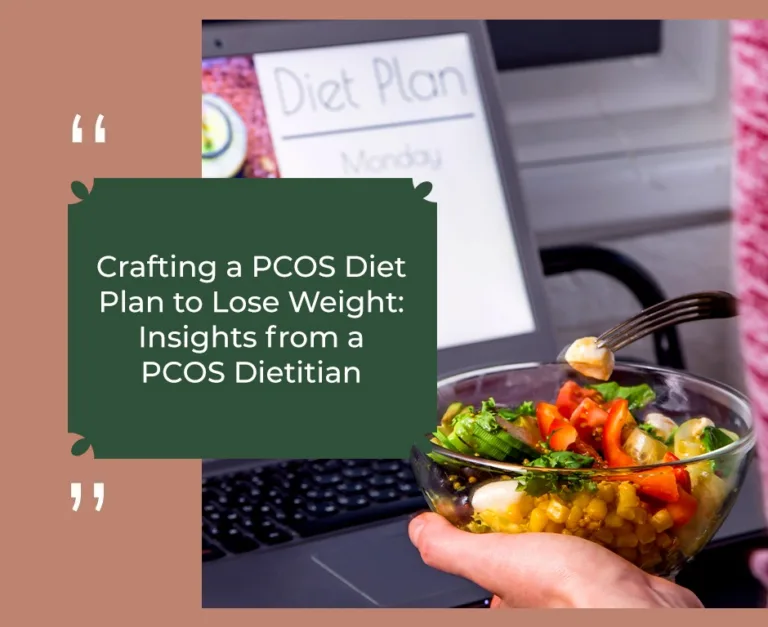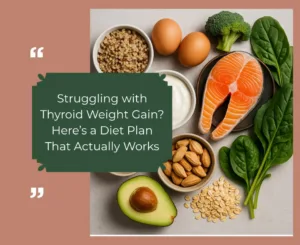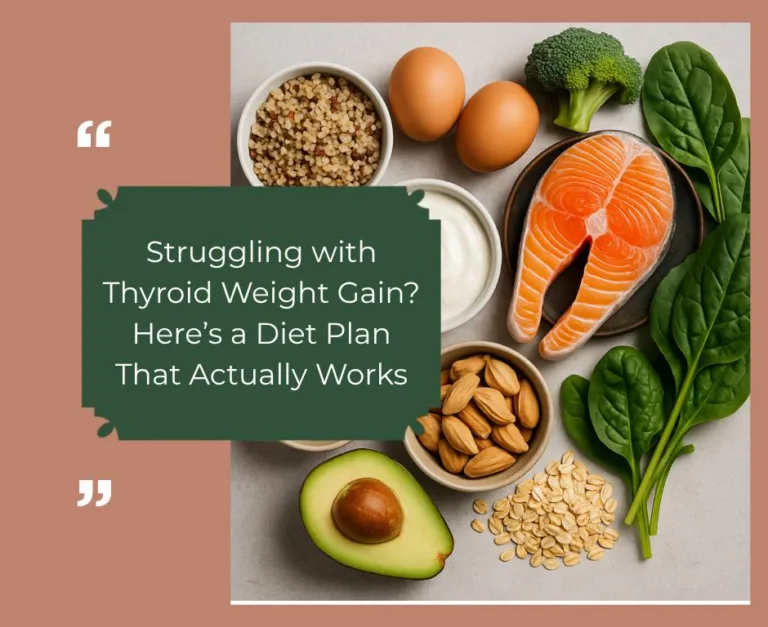Introduction:
Polycystic Ovary Syndrome (PCOS) is a complex hormonal disorder affecting women of reproductive age. Losing weight is one of the many challenges often faced when dealing with PCOS. Consulting a PCOS Dietitian for a customized PCOS diet plan can be the first step toward achieving your weight loss goals and managing your health afterward.
Understanding PCOS and Its Impact on Weight
PCOS manifests differently in every individual, and the intensity of symptoms can vary widely. It affects hormonal health, leading to conditions like insulin resistance, heightened androgen levels, and chronic inflammation, among many others. These factors can make it difficult to lose weight while contributing to easier weight gain. A well-structured PCOS diet plan to lose weight is necessary to address metabolic health issues and other symptoms.
The Role of a PCOS Dietitian
A PCOS Dietitian can play a key role in your weight loss efforts by catering to your dietary preferences, specific symptoms, and lifestyle. Their expertise ensures that you have an effective PCOS diet plan to lose weight, tailored to your unique needs and challenges.
Key Components of a PCOS Diet Plan to Lose Weight
An effective PCOS diet plan to lose weight incorporates these components:
1. Balanced Macronutrients: Every meal should include balanced portions of carbs, proteins, and healthy fats. Complex carbs should come from whole grains like brown rice and millet. Lean protein sources include chicken, tofu, fish, and legumes. Healthy fat sources include nuts, oils, and seeds.
2. Anti-Inflammatory Foods: Chronic inflammation is one of the most common PCOS symptoms. Including anti-inflammatory foods such as tomatoes, leafy greens, berries, and fatty fish can help reduce inflammation.
3. High Fibre Foods: Fibre helps regulate blood sugar levels and provides a feeling of satiety. Vegetables, fruits, legumes, and whole grains are high-fiber options for every meal.
4. Low Glycemic Index (GI) Foods: Low glycemic index foods have a slower impact on blood sugar levels, which means the blood sugar levels stay stable. This is especially beneficial in managing insulin resistance. Low GI foods include non-starchy vegetables (like mushrooms, bell peppers, leafy greens), whole grains, and most fruits.
Meal Planning and Preparation Tips
Here are some tips to aid in your PCOS diet plan to lose weight:
1. Regular Eating Schedule: Aim for a consistent eating schedule. Eating at regular intervals can help you maintain stable blood sugar levels.
2. Portion Control: Use measuring spoons and cups to ensure you are eating the correct portion sizes. This ensures you get proper nutrition and prevents overeating.
3. Mindful Eating: Eating slowly, chewing properly, and savoring every bite can strengthen satiation cues. This helps you recognize when you are full and should stop eating.
4. Meal Prep: Preparing meals in advance makes it less likely for you to eat junk food, keeping you on track with your fitness goals.
Monitoring Progress and Making Adjustments
A PCOS Dietitian can provide proper guidance and keep you accountable. Regular monitoring helps you make adjustments to your PCOS diet plan to lose weight and identify what works for you and what does not.
Take the First Step to a PCOS diet plan to lose weight! Changing your diet and building healthy habits are essential. Losing weight with PCOS requires a sustainable plan that addresses your symptoms. Consult a PCOS Dietitian to embrace the change you need for your weight loss goals.

























